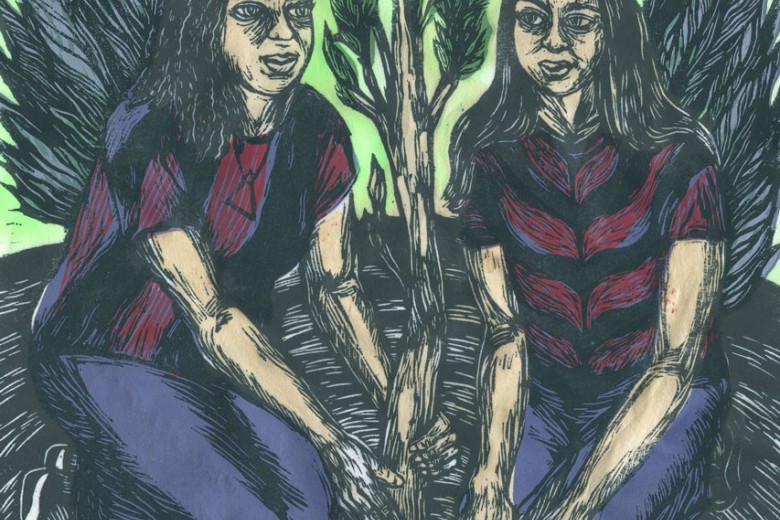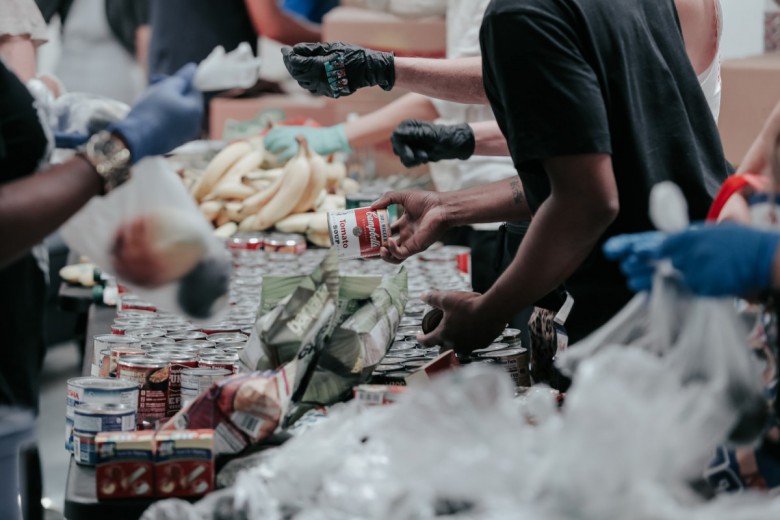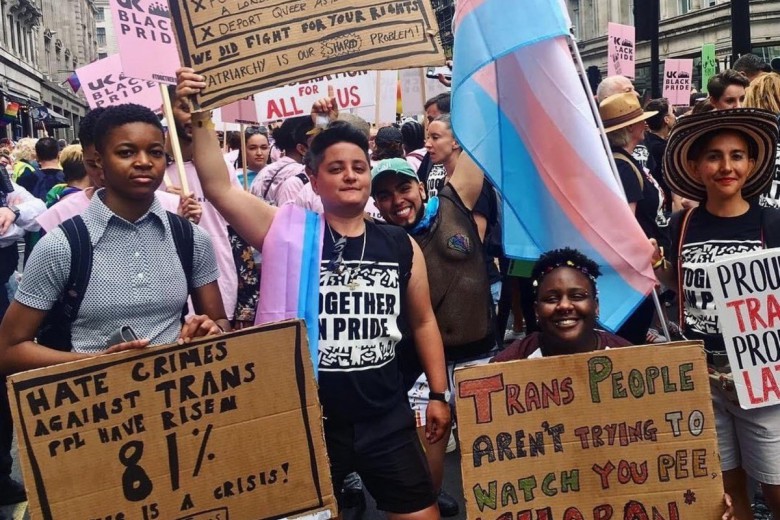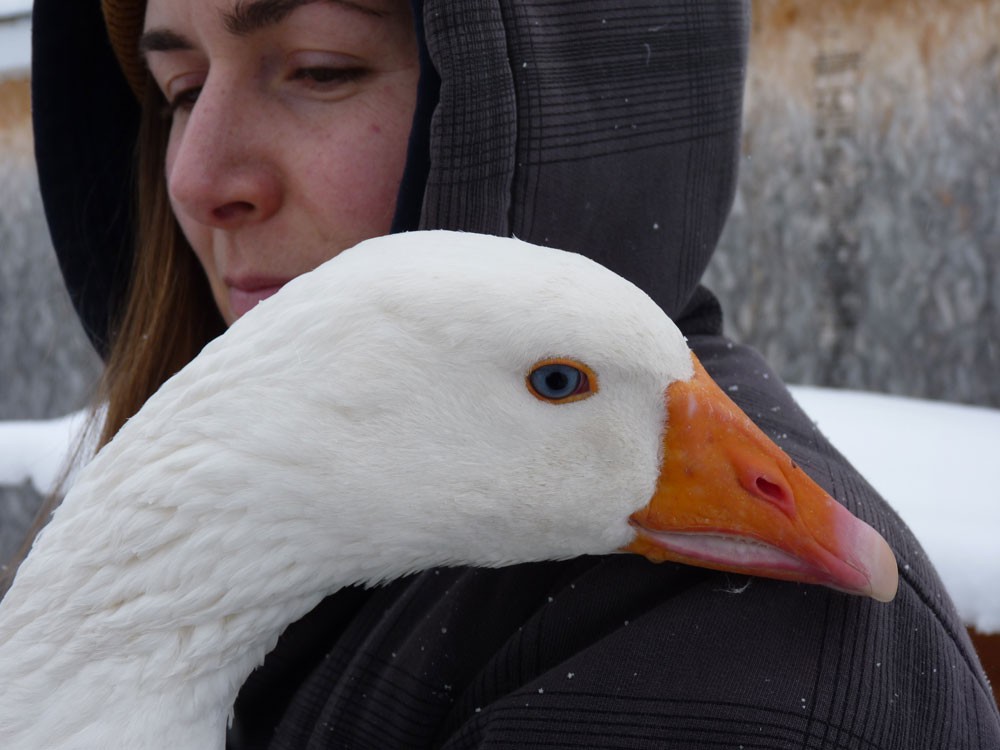
For Halena Seiferling, a master’s of policy studies student at Simon Fraser University, it’s a question generated not from facts or statistics, but from one of the most essential principles of permaculture: observation.
“I started to wonder about some of the voices, typically male, that were leading the conversation about challenging local food systems,” Seiferling says. “They seemed to favour liberalism over facing and actually addressing social injustice.”
Seiferling began her permaculture education four years ago in Cuba, the island nation that’s been internationally recognized for surviving a crash in oil imports (following the collapse of the Soviet Union in 1989) in part by undoing and diversifying conventional agriculture, and also by institutionalizing permaculture, a holistic and sustainable food systems design for achieving “permanent culture.”
In May 2011, Seiferling was among 10 Canadian women selected to participate in a permaculture design course (PDC) at the Antonio Nuñez Jímenez Foundation for Nature and Humanity (FANJ) in Sancti Spiritus. Together, the Canadian women collaborated with Cuban permaculturalists to design and transform a peri-urban farm into a permaculture system, integrating ethics of transforming waste into wealth and maximizing biodiversity.
“The Cubans were surprised that our group was made up of women only,” recalls Seiferling.
But the program’s Canadian coordinator, Ron Berezan, a permaculture designer and instructor with The Urban Farmer in Powell River, B.C., was not at all surprised by the gender imbalance in Seiferling’s program.
“In most [permaculture design] courses I’ve taught and organized, there have been more female students than male students. It’s actually disconcerting to me that we can’t get more men to take the courses,” says Berezan, who’s been teaching permaculture in western Canada and Cuba for almost 10 years.
“But why is it that when men get into the stream of this movement they absorb a lot of the leadership? Of course, I have to count myself among them,” he adds.
It’s a question that’s beginning to surface more frequently in the minds and actions of female and male permaculturists and food producers alike in North America: are alternative food systems and movements shaped and dominated by the leadership of men?
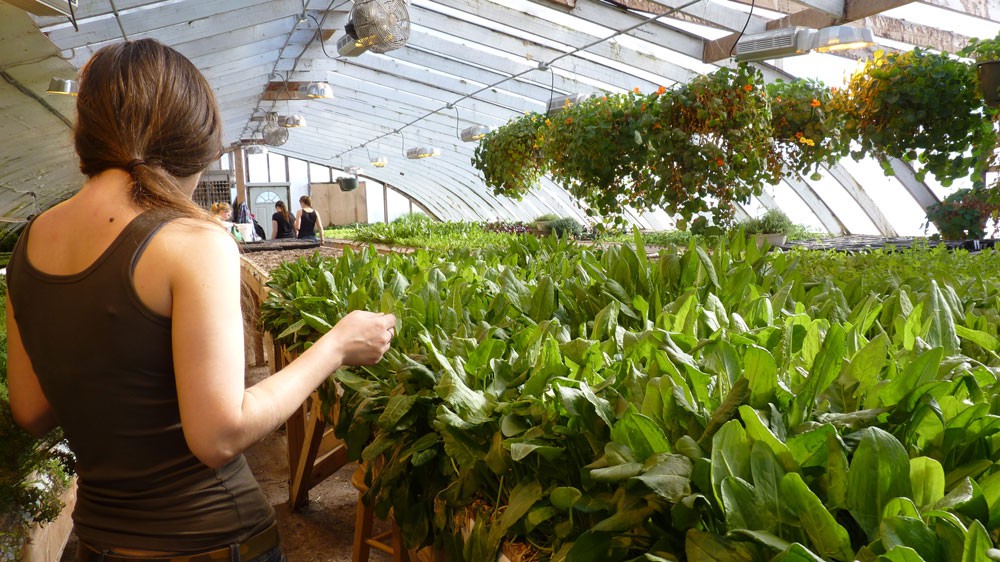
Bonita Ford is a permaculture design instructor and co-founder of the Permaculture Institute of Eastern Ontario. Ford is a woman of colour and says that she has not personally felt held back from any experience in her permaculture career because of her identity.
“I look through the lens of gender, ethnicity, and culture in different areas of my life,” says Ford, “And it recently came up again through the permaculture community.”
In 2013, Ford attended a workshop for women in permaculture organized by the Omega Institute in Rhinebeck, New York.
She recalled an activity that made her “open [her] eyes,” whereby facilitators asked women to answer a series of questions about women’s involvement in and contribution to permaculture in their communities by voting with their feet and taking a step forward. Though she had “sensed it” before, Ford was surprised by the visible results of the activity.
“It was interesting to see that mini-collection of data,” says Ford.
“That spread of, yes, women do show up as teachers, women do show up as authors, but less than men, and where women are most actively involved right now around community involvement … they are not getting paid for it.”
“It’s a reflection of what we see historically in society,” Ford comments. “Women take on roles that are important yet not compensated or recognized [by society].”
Ford and other permaculturists claim women’s contributions to the permaculture and local food system movements are immense, yet they are under-represented in forms of dissemination and recognition, including at conferences and in courses, textbooks, and online.
“The higher superstar permaculture teachers are almost always men,” agrees Berezan, who casts a look back at the original founders of the permaculture movement who, he says, could be described as the “permaculture patriarchs.”
In 1978, Bill Mollison and David Holmgren, two white Australian men, synthesized various facets of existing sustainable agriculture principles into what they termed “permaculture.”
Although described as a decentralized movement, it would be easy, even for an outsider, to argue that white male leadership continues to shape Western permaculture. A simple Google image search of “permaculture instructors” brings up over 50 per cent more white males than female, Indigenous, or visible minority instructors.
The more contemporary superstars of permaculture could include Geoff Lawton, the Greening the Desert food forestry guru, along with Joel Salatin, an American family farmer and outspoken advocate for locally raised food.
Lawton recently launched an online permaculture course, challenging the traditional 14-day Permaculture Design Certificate course, which, according to Berezan, attracted well over 1,000 students. Both Lawton and Salatin have published books, taught courses, and are highly sought-after speakers at conferences all over the world. They’ve planted themselves firmly into the North American food movement, and as some would argue, dominated the movement’s conversation.
“Spermaculture is a term coined by women and queer folks to name the ways that permaculture projects are often dominated by white, middle-class men who [can be] outspoken and overbearing,” says Nick Montgomery, a PhD student in the cultural studies program at Queen’s University.
Montgomery’s research explores the ways that people are cultivating alternatives to the dominant order of hetero-patriarchy, capitalism, and colonialism, with a focus on permaculture and local food movements.
“I think many of the gendered divisions in food movements today reflect broader systems of oppression,” says Montgomery.
“White, cis-gendered, middle-class, heterosexual, able-bodied men are some of the most visible and vocal leaders in the food movement because we’re socialized to be competitive, individualistic, assertive, and authoritative. We tend to talk first, loudest, and longest, and we’re often rewarded and encouraged when we do.”
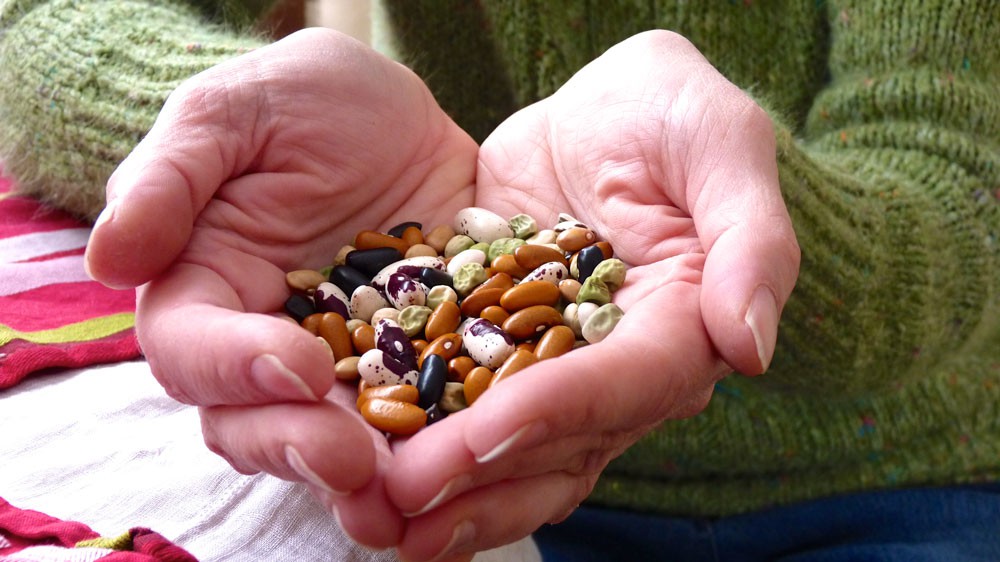
Some women who are working in alternative food systems have chosen to temporarily step away from the permaculture movement in North America. Angela Moran was one of the first urban farmers in Victoria, B.C., and has over 10 years’ experience applying permaculture principles to growing food in the city. She admits that most of the “big players” in permaculture are men, and many have never come to see her urban farm.
“I’ve not been invited much to teach in areas that are being headed up by men,” Moran says.
“Maybe it’s just that I’m busy, maybe they think, ‘she’s got a kid, she’s got a farm’ – I don’t know what it is, but it’s made me understand the permaculture movement from a different perspective and what it’s really doing.”
Berezan describes permaculture as a “young movement” that lacks self-awareness and criticism in many ways. While Bill Mollison founded and introduced permaculture as a scientific movement, today’s generation of permaculturists are continually pushing for the inclusion of social dynamics, including gender dynamics, in discussions.
“If it’s care of the earth, care of people, and sharing the surplus, human dynamics have to be a part of that and the social analysis needs to be a part of that,” says Berezan.
In eastern Ontario, Ford credits the recent work of Karryn Olson-Ramanujan, a permaculture teacher, designer, and co-founder of the Finger Lakes Permaculture Institute. Olson-Ramanujan published an article in the Permaculture Activist magazine in August 2013 called “A ‘Pattern Language’ for Women in Permaculture.” The article explores the patterns of issues that women face in permaculture communities and offers practical solutions for making permaculture more accessible to women.
“Karryn’s article focuses a lot [on] alliances, and things men can do to try and make more space for women in their courses and communities,” says Ford.
“The article proposes simple ways to make the classroom more welcoming – to prep the teachers and the class to be aware of their communication, especially the teachers. If there’s a woman in the group, to not interrupt her; to give her the floor.”
“In a large class, being able to see the front of the room is important,” Ford explains. “If people are standing, men tend to be taller, and just having the courtesy and awareness to share the space makes a difference.”
Moran agrees that challenging gender roles and striving for sensitivity in communication plays a key role in making permaculture more accessible to women and diverse groups.
She acknowledges the efforts of male permaculture instructors in her community who are gradually becoming more aware of power and privilege, and building alliances with women and other diverse groups for increased social inclusion in the movement.
“Permaculture has all of the solutions,” Moran stresses. “We just have to make sure that it gets into all the right minds of the sons and the daughters of the colonialists who created our current food system.”
Correction: This article originally stated that Geoff Lawton is based in the U.K. not Australia.


